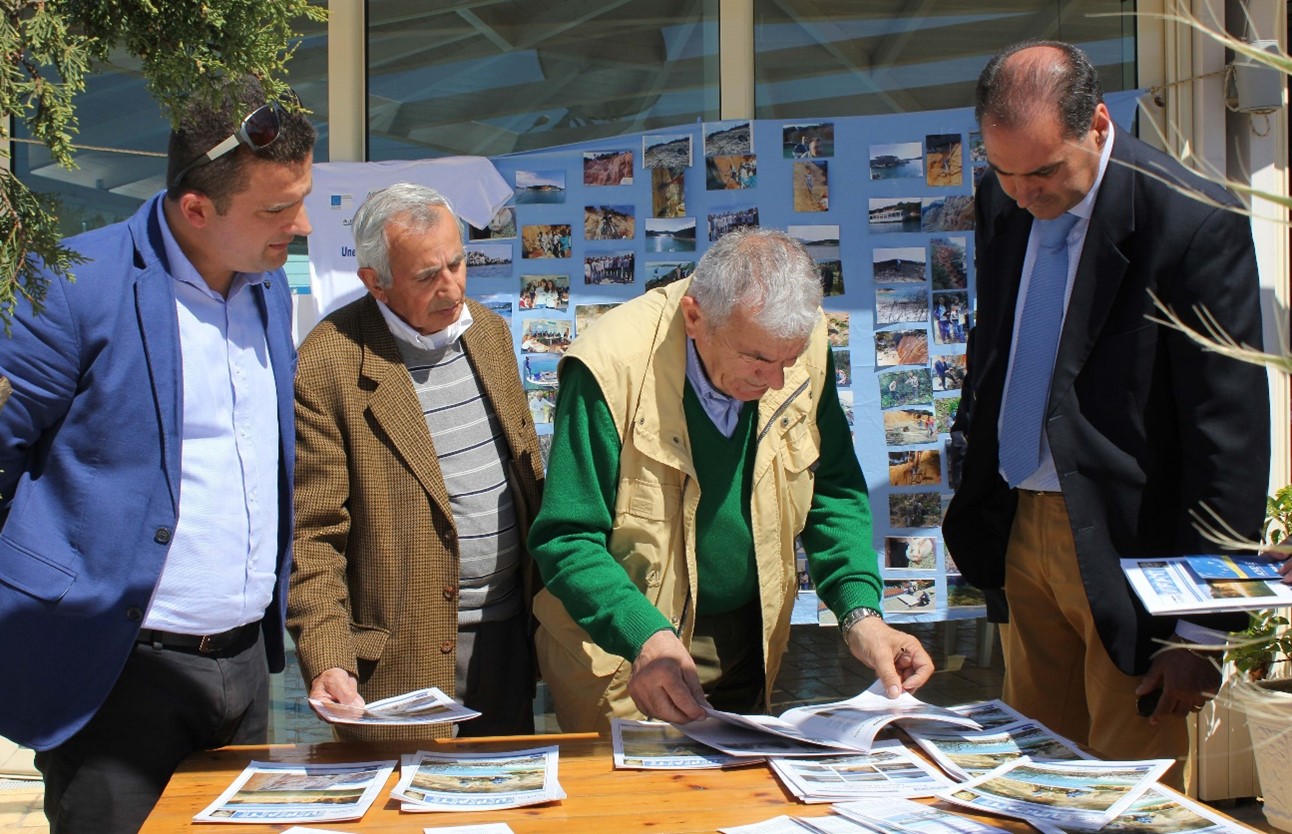Over the last 30 years, Albania has transitioned into a democratic society, putting new policies in place, building democratic institutions and making considerable progress in decentralisation. One of the main actors supporting this process is the Delegation of the European Union (EU) to Albania. Orlando Fusco works for the delegation as a Programme Manager for Good Governance. He joined our Fiscal Decentralisation and Local Finance course in 2020 and is now translating his learnings into supporting Albania’s decentralisation process.
Fiscal decentralisation is essential for sustainable economic growth and efficient public service delivery, especially in countries in transition like Albania. Mr Fusco, who is originally from Italy, has been a Program Manager for the Delegation’s Good Governance programme for over four years.
Mr Fusco was motivated to join our training because he wished to learn more about fiscal decentralisation models and best practices. He and his team work towards contributing to a more responsive public sector in Albania and advancing its EU integration process. Improving the fiscal autonomy of local governments is one of the main results they hope to achieve in the country:
 “The EU Delegation in Albania is launching a comprehensive Good Governance programme of assistance, where all elements—Public Administration Reform, Public Finance Management, Anti-Corruption and Digital Agenda—relate to both central and local government. As local governments need more resources to perform their duties, it is also vital to increase their capacities for sound finance management at the local level.”
“The EU Delegation in Albania is launching a comprehensive Good Governance programme of assistance, where all elements—Public Administration Reform, Public Finance Management, Anti-Corruption and Digital Agenda—relate to both central and local government. As local governments need more resources to perform their duties, it is also vital to increase their capacities for sound finance management at the local level.”
Currently, one of the EU Delegation’s priorities is to assist the consolidation of Albania’s territorial and administrative reform. Mr Fusco notes that “this is particularly necessary to guarantee local fiscal autonomy and empower municipalities to provide standard quality public services”.
Our Fiscal Decentralisation and Local Finances training strengthens the capacity of local stakeholders for more efficient and effective management of local governments’ budgets and resources. Participants also explore the close link between fiscal decentralisation and accountability and are provided with tools to apply inclusive budgeting in their work. Now back in his work with the Delegation, Mr Fusco is implementing a key lesson from the course to the Albania context: the importance of local revenues for enhancing local development.
“I learnt that, along with adequate [financial] transfers from the central government, the collection of local taxes and revenues is a crucial element for any local development to happen.”
Fiscal Decentralisation and Local Finances Training
Our training on Fiscal Decentralisation and Local Finances addresses the challenges of fiscal decentralisation reforms from all over the world, while also covering different angles of local finances. Consisting of an online module and a face-to-face module, participants are immersed in an exciting learning experience delivered by international experts. Additionally, they exchange knowledge, discuss best practices and learn from each other. Would you like to learn more about fiscal decentralisation and enhance the democratic and economic development of your country, or the country where you work? Follow the link below to know more about our (online) training and register for its upcoming edition in February 2021.
Related courses
We offer a diversity of courses throughout the year. Here are several other courses you might like.



